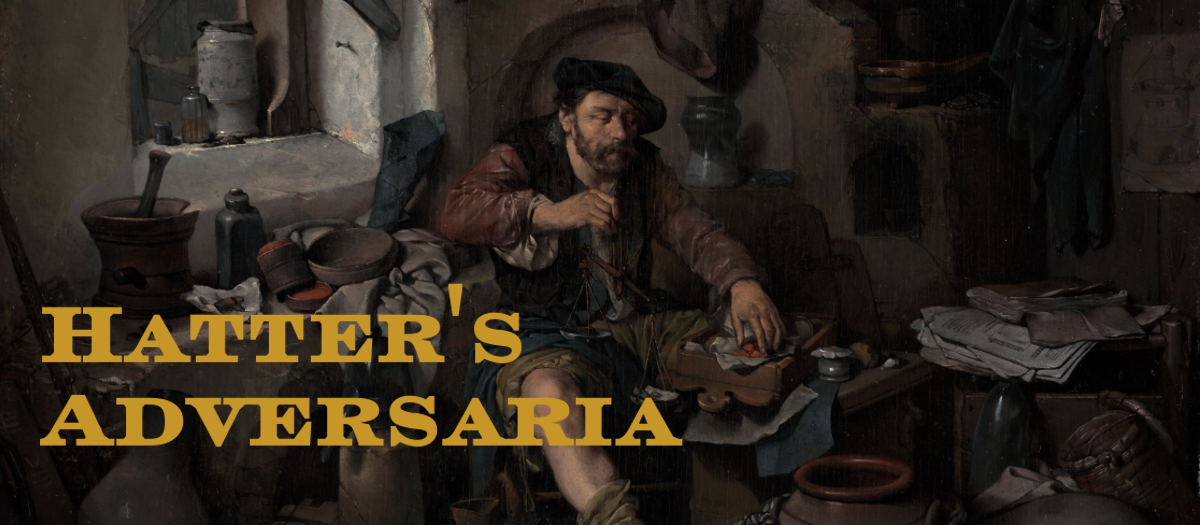The Anatomy of Story: 22 Steps to Becoming a Master Storyteller is a method book for writing stories. Truby teaches screenplay writing, and you can smell that in the text, but the book is meant to apply to any medium. (And he uses films, novels, and plays as examples.) However, Truby makes a distinction: he is not going to talk about what constitutes a story in general, he is going to talk about what constitutes a "great" story (3). That is his aim: to show what makes for a "great" story, and how to get there.
How he does this, how he gives a method to making "great" stories, what makes his book interesting, is he is trying to generate a method to write organic stories as opposed to mechanical stories. Mechanical stories, stories created by mechanical means, and most stories are mechanical stories; mechanical stories, because of their nature, tend to be "episodic," "hopelessly generic, formulaic," and "devoid of originality." Organic stories, however, are "not a machine but a living body that develops," with "characters and plot that grow naturally out of your original story idea" (4-5). They are internally as opposed to externally logical (84). In part, with mechanical stories he is talking about ideas like writing out of three- and five-act structure, and such methods as (though he does not say it directly) Save the Cat. (Or so I presume. I have not read Save the Cat, but what I have seen about it makes it sound mechanical and formulaic, not to mention a lot easier. And it must be recognized that his method predates that book.)
How Truby works his organic method is by starting small, from the inside, and working out. He begins with writing a premise then moves out through ten steps that include finding a design principle for the story, finding what challenges and problems exist at the start, what moral argument is being made, and finding who would be the logical main character. He did not start at the beginning of a plot structure, but with general ideas about the future text. He is trying to get you to grow the story, not mechanically lay it out like so many lengths of railroad track. Creating characters is not merely creating a list, it is creating a character web, where characters relate to each other and have influence on each other. When you generate the story world you are creating it out of the premise and what comes from the premise, not merely inserting characters into a pre-fab world. The approach is very interesting in what it is trying to accomplish.
